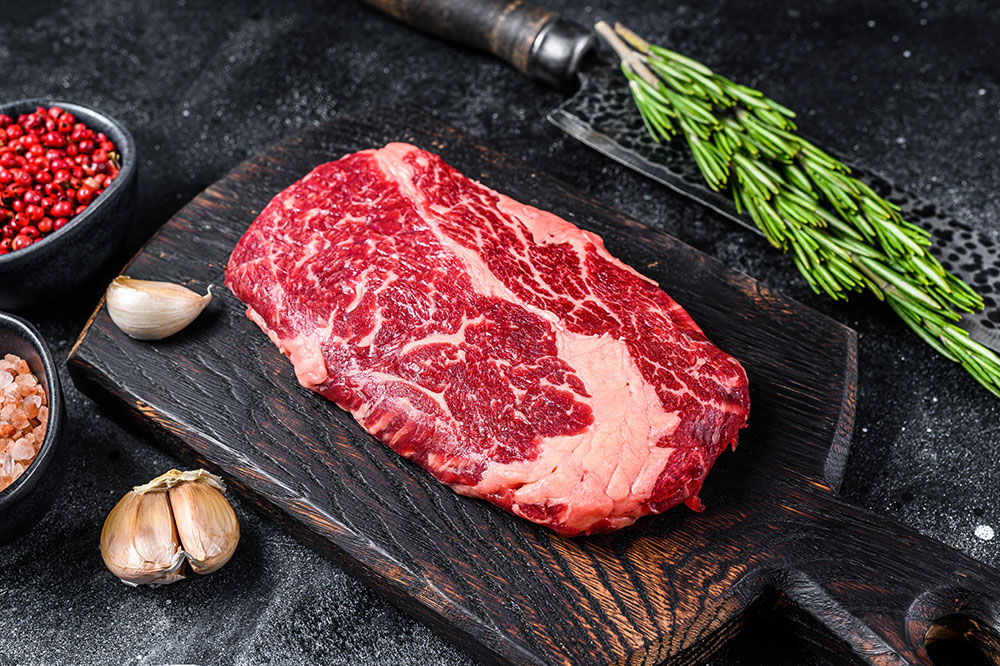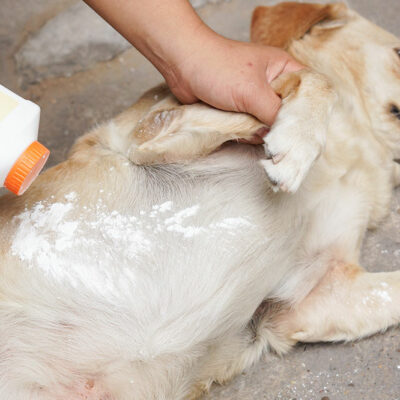
Foods to Avoid for Managing Hemorrhoids
When an inflamed or swollen vein occurs in the rectum or near the anus, it is known as hemorrhoid. It is usually triggered due to the exertion of too much pressure on these veins, usually during bowel movements. In some cases, hemorrhoids situated around the anus could be quite painful and may result in discomfort during bowel movements. Hemorrhoids, also known as piles, are often found in pregnant people or follow an unhealthy diet.
Certain foods could trigger or worsen the symptoms of piles in people. Some of these foods are mentioned as follows:
1. Dairy products
Regardless of whether a person is lactose intolerant or not, dairy products are notorious for causing gas and bloating in people. They may also cause other cramps in the stomach, constipation, or even diarrhea in people who are even slightly intolerant toward them.
2. Processed foods
Highly processed foods are extremely difficult for the body to digest and can put the digestive system under a lot of stress. Moreover, these foods are often infused with large amounts of chemical preservatives and salt, leading to bloating and water retention in the body. This can lead to constipation due to excessive absorption of water from the partially digested food.
3. Spicy foods
Not everyone can digest spicy food without any discomfort. If one has piles, it is better to stay away from that bottle of hot sauce because eating hot foods could lead to really painful bowel movements, especially if the sores are swollen or even bleeding.
4. Alcohol
Consumption of alcohol is dangerous for the body in more ways than one. Specifically for people who have piles, alcohol causes a lot of dehydration in the body, leading to an imbalance in the digestive system and altering the absorption of nutrients in the intestine. Moreover, our body reacts to dehydration by absorbing more water from the food, leading to constipation and discomfort. Consumption of caffeine-infused beverages also has a similar effect on the body and must therefore be followed by drinking a lot of water.
5. Too much or too little fiber
It is common knowledge that fiber helps improve digestion and in preventing constipation in people. This is because fiber adds bulk to our digestive waste, which can prevent constipation caused due to several factors. Low fiber intake in our diet is known to cause digestive distress and could lead to severe constipation. This can be particularly uncomfortable for people with piles. However, consuming fiber in excess does not necessarily prevent constipation caused by piles. It is essential to eat the recommended average daily amount of fiber in the diet. If one’s fiber intake is currently low, they should try to increase it gradually instead of changing it drastically.


